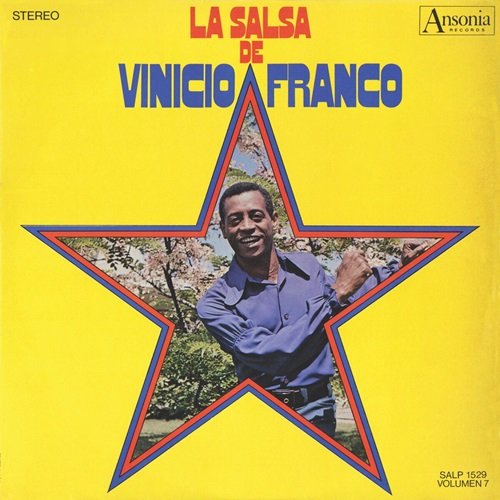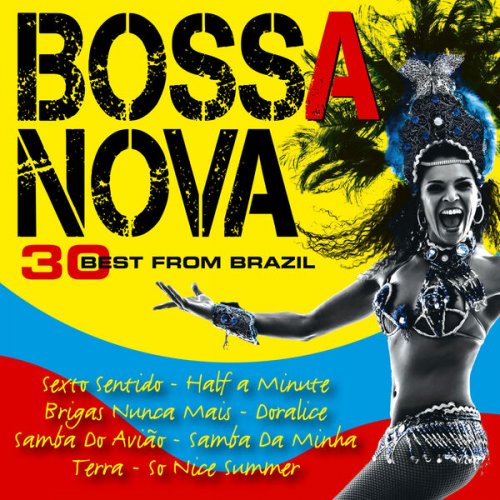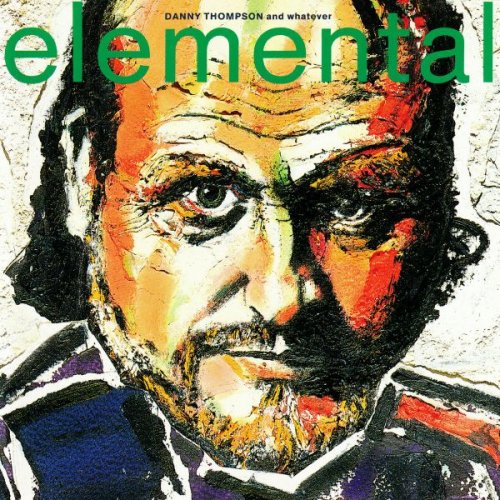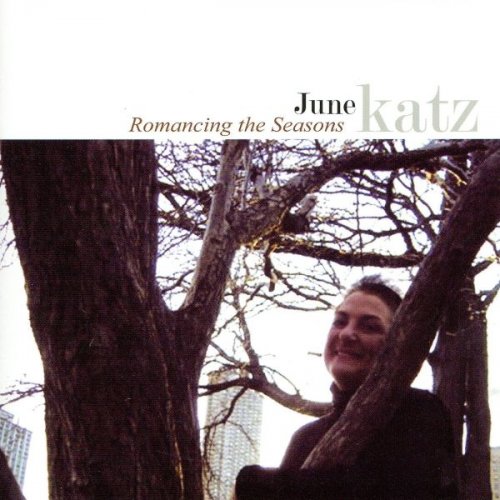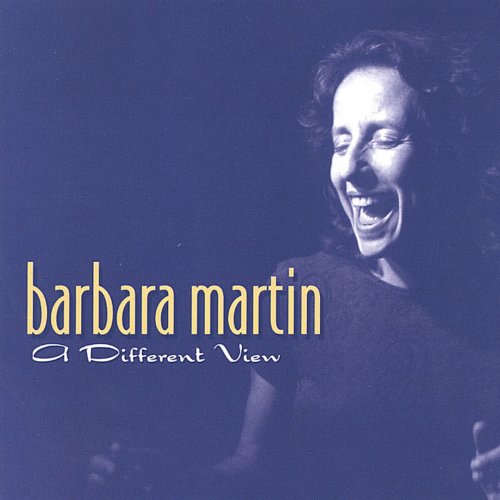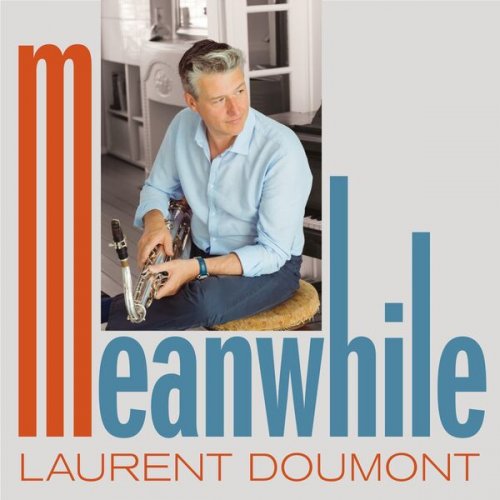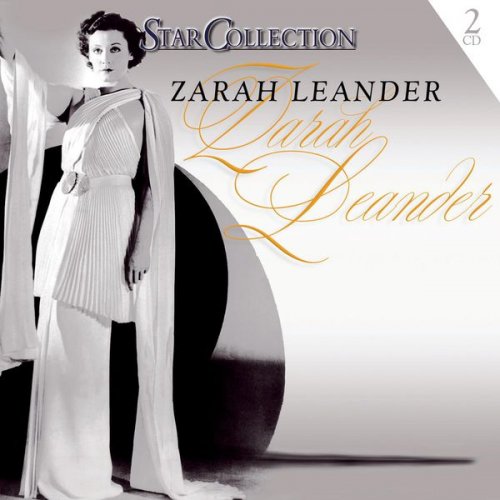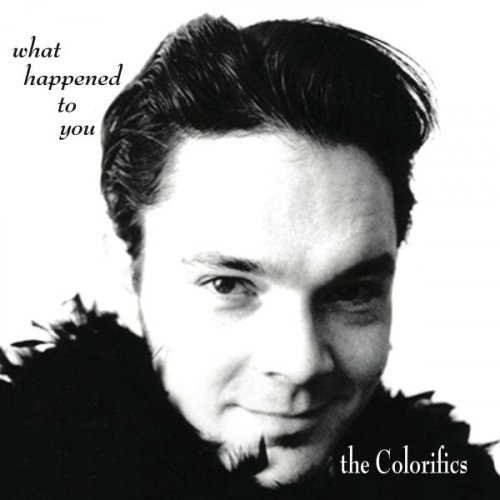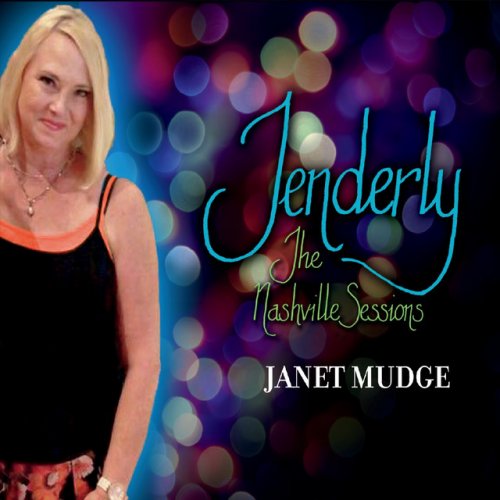Marco Vitale - Handel: La Resurrezione (2009)
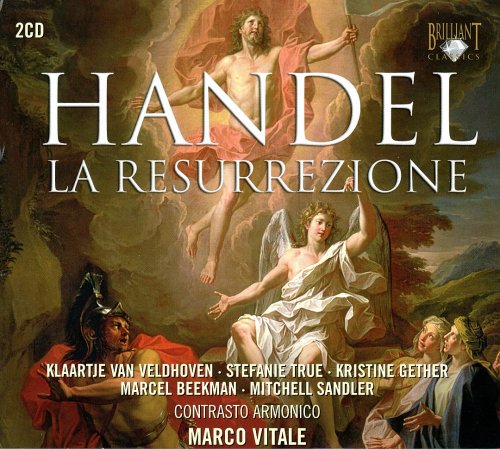
Artist: Marco Vitale
Title: Handel: La Resurrezione
Year Of Release: 2009
Label: Brilliant Classics
Genre: Classical
Quality: FLAC (image + .cue, log, scans)
Total Time: 02:02:35
Total Size: 611 MB
WebSite: Album Preview
Tracklist:Title: Handel: La Resurrezione
Year Of Release: 2009
Label: Brilliant Classics
Genre: Classical
Quality: FLAC (image + .cue, log, scans)
Total Time: 02:02:35
Total Size: 611 MB
WebSite: Album Preview
CD 1
01. La Resurrezione, oratorio, HWV 47: Part 1. Sonata
02. Aria. Disserratevi, oh porte d'Averno!
03. Accompagnato. Qual insolita luce
04. Aria. Caddi, è ver
05. Accompagnato. Mà, che veggio
06. Recitativo. Chi sei? Chi è questo Re
07. Aria. D'amor fù consiglio
08. Recitativo. E ben, questo tuo Nume
09. Aria. O voi dell'Erebo
10. Accompagnato. Notte, notte funesta
11. Aria. Ferma l'ali
12. Recitativo. Concedi, o Maddalena
13. Aria. Piangete, sì, piangete
14. Recitativo. Ahi dolce mio Signore
15. Duetto. Dolci chiodi, amate spine
16. Recitativo. O Cleofe, o Maddalena
17. Aria. Quando è parto dell'affetto
18. Recitativo. Mà dinne, e sarà vero
19. Aria. Naufragando và per l'onde
20. Recitativo. Itene pure, o fide amiche donne
21. Aria. Così la tortorella
22. Recitativo. Se Maria dunque spera
23. Aria. Hò un non sò che nel cor
24. Recitativo. Uscite pur, uscite
25. Choro. Il Nume vincitor
CD 2
01. La Resurrezione, oratorio, HWV 47: Part 2. Sinfonia
02. Recitativo. Di quai nuovi portenti
03. Aria. Ecco il sol
04. Recitativo. Mà dove Maria dimora
05. Aria. Risorga il mondo
06. Accompagnato. Di rabbia indarno freme
07. Recitativo. Misero! hò pure udito?
08. Aria. Per celare il nuovo scorno
09. Recitativo. Oh come cieco
10. Duetto. Impedirlo saprò
11. Recitativo. Amica, troppo tardo fù il nostro piè
12. Aria. Per me già di morire
13. Recitativo. Ahi, abborrito nome
14. Recitativo. Cleofe, siam giunte al luogo
15. Aria. Se per colpa di donna infelice
16. Recitativo. Mio Giesù, mio Signore
17. Aria. Del cielo dolente
18. Recitativo. Sì, sì, cerchiamo pure
19. Aria. Augelletti, ruscelletti
20. Recitativo. Dove si frettolosi
21. Aria. Caro figlio
22. Recitativo. Cleofe, Giovanni, udite
23. Recitativo. Sì, sì, col Redentore
24. Choro. Diasi lode in cielo
Handel's early oratorio La Resurrezione, written for performance in Rome in 1708, has little in common with the English oratorios he began writing in London in the 1730s, which decisively redefined the genre. The composer was only in the second year of his Italian sojourn, but he had thoroughly absorbed Italian musical culture, and the style and conventions of the oratorio have more in common with Italian opera than anything else. La Resurrezione consists of arias alternating with recitatives (with an occasional rare duet), and the chorus appears only twice, at the conclusion of the work's two sections. Listeners might easily mistake the writing for that of Corelli (who participated in the work's premiere) or Alessandro Scarlatti.
This performance is based on the research of conductor Marco Vitale, using what is believed to be the composer's performing score to verify details of orchestration, and the work is performed at a lower pitch (a whole step lower than usual) to conform to Roman conventions of the time. The recording's performance practice credentials are impeccable, but the unevenness of the soloists keep this from being an entirely satisfactory enterprise. Sopranos Klaartje van Veldhoven and Stefanie True and tenor Marcel Beekman have light, pleasant, supple voices that work well with the elegance and delicacy of the music. Bass Mitchell Sandler sounds strained and constricted at both ends of his range. Kristine Gether also has an unusually covered tone, and timbrally she sounds like an underpowered countertenor. Ensemble Contrasto Armonico plays with refinement, but doesn't have the vibrant flexibility that characterizes the most memorable Baroque performances. The sound is clear and clean, with a realistic ambience. -- Stephen Eddins
This performance is based on the research of conductor Marco Vitale, using what is believed to be the composer's performing score to verify details of orchestration, and the work is performed at a lower pitch (a whole step lower than usual) to conform to Roman conventions of the time. The recording's performance practice credentials are impeccable, but the unevenness of the soloists keep this from being an entirely satisfactory enterprise. Sopranos Klaartje van Veldhoven and Stefanie True and tenor Marcel Beekman have light, pleasant, supple voices that work well with the elegance and delicacy of the music. Bass Mitchell Sandler sounds strained and constricted at both ends of his range. Kristine Gether also has an unusually covered tone, and timbrally she sounds like an underpowered countertenor. Ensemble Contrasto Armonico plays with refinement, but doesn't have the vibrant flexibility that characterizes the most memorable Baroque performances. The sound is clear and clean, with a realistic ambience. -- Stephen Eddins
